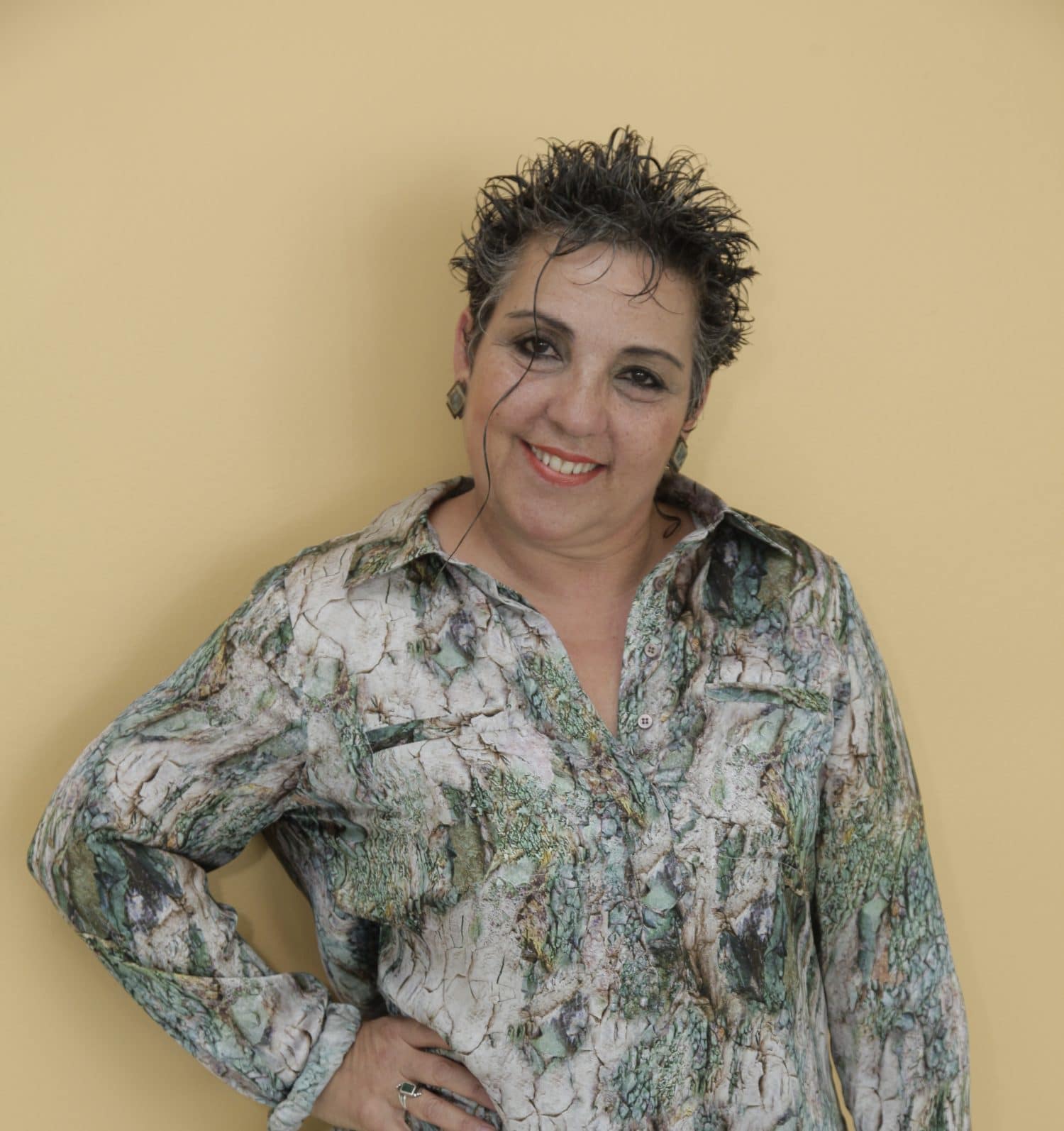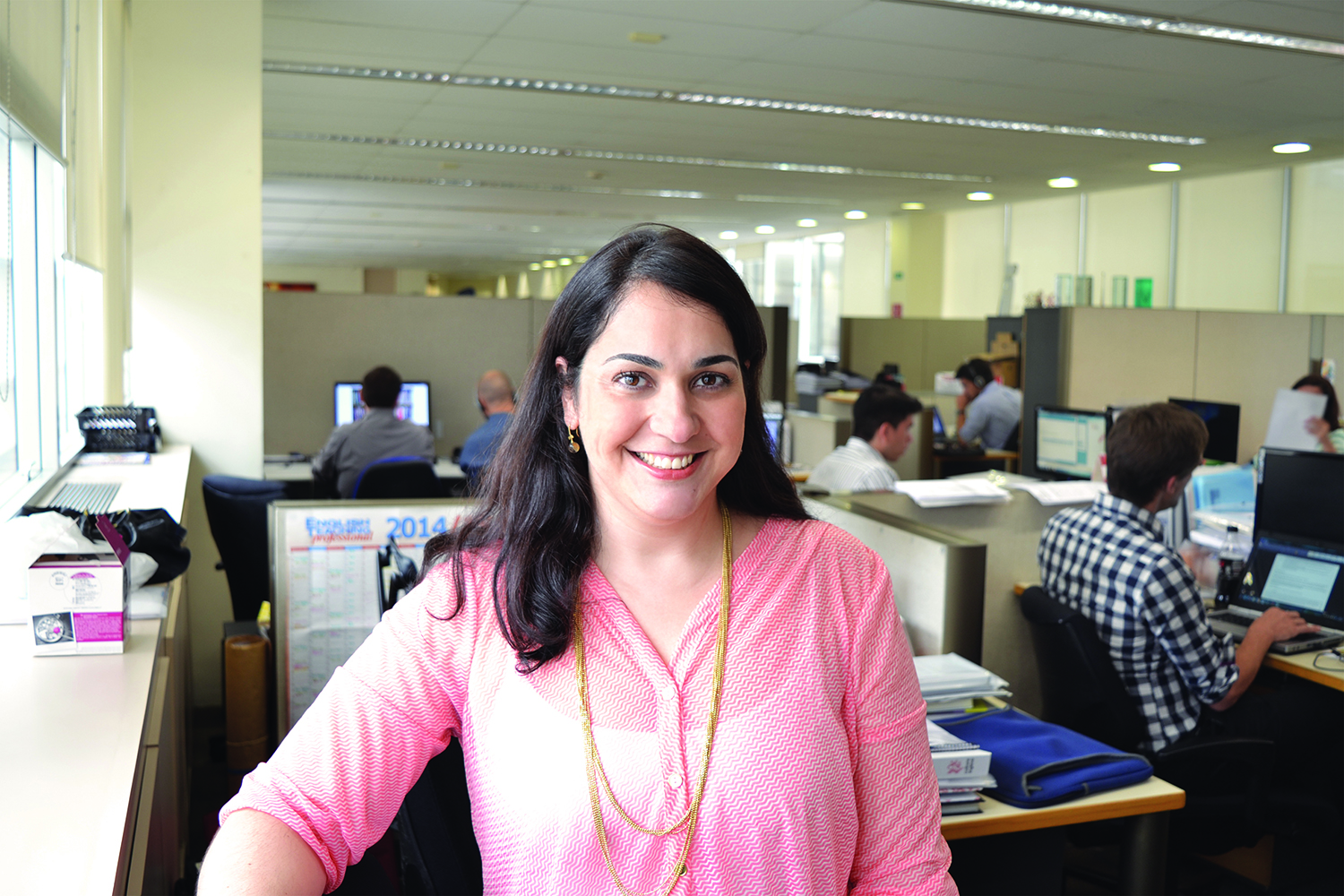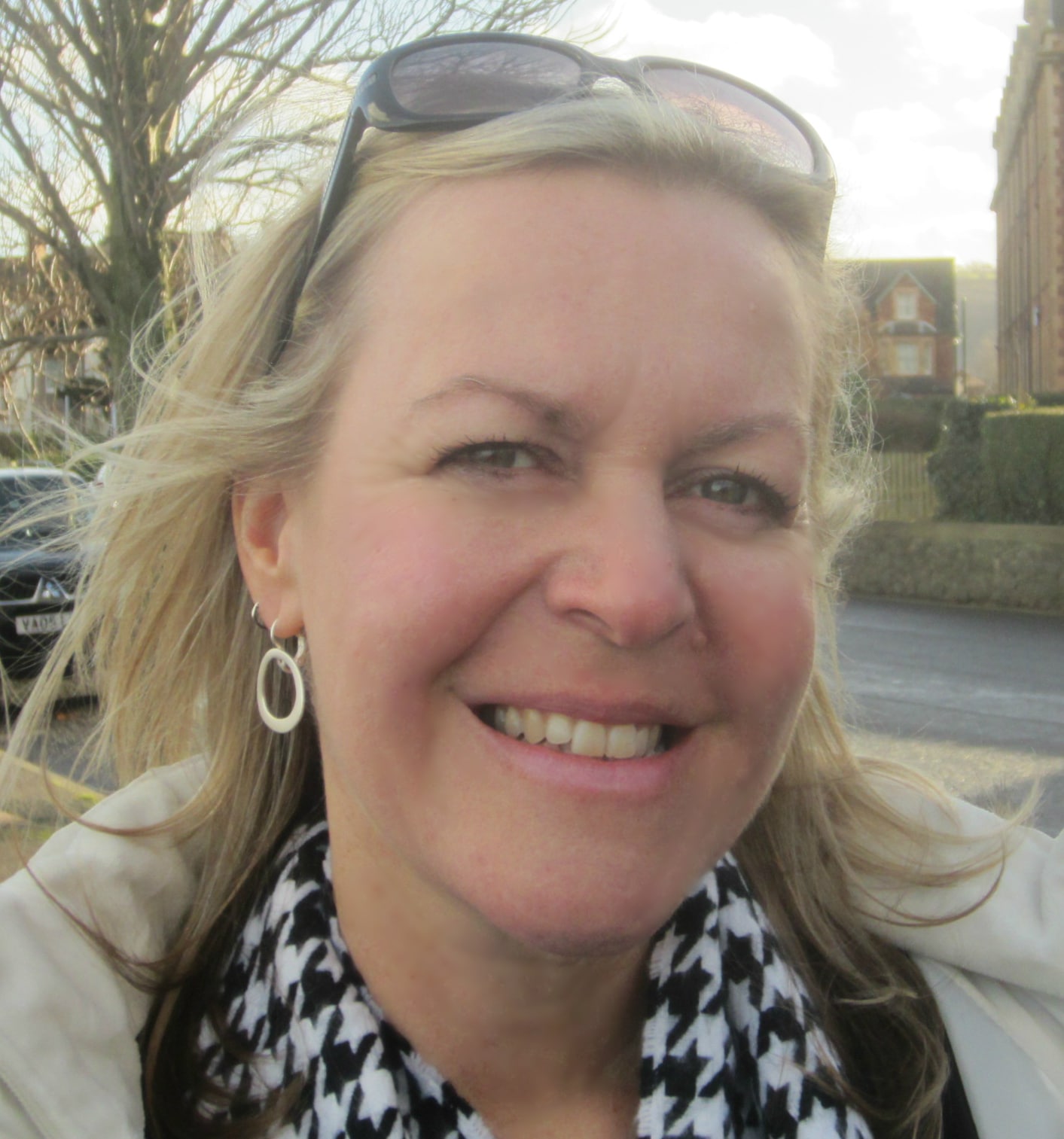Investigating your own classroom? A new book is out to help you!
Hi Everyone!
Have you ever wondered what you’d find out if you investigated your own classroom?
Many English teachers may have never considered conducting research given the complexity of classroom events and the lack of accessible information on how to it. After all, research methods and results are usually only accessible to academics in university graduate courses or libraries.
Knowing that access to research results not always reach teachers – the ones, in my opinion, most in need of understanding classroom phenomena, I invited former Master and Doctoral students, who had worked under my supervision, to write short chapters describing the essence of their research.
Thus, collecting data on classroom language learning events may now be a possibility for inquisitive teachers that want to learn from what happens in their language classes. The rationale for conducting experiential investigations can be found in Miccoli, L. (Org.) “Pesquisa Experiencial em Contextos de Aprendizagem: uma abordagem em evolução”. Campinas: Pontes, 2014.
The twelve teachers/researchers that accepted my call voice teachers’ and students’ experiences using oral or written narratives. Experience is the unit of quantitative, qualitative or mixed analyses that yield experiential inventories or detailed narratives of lived classroom phenomena.
The book contains an introduction followed by chapters divided into three parts. The introduction traces the historical development of experiential research, starting from the days in which investigating classroom phenomena from a 1st person perspective was uncommon. In Part I – Students’ Experiences, readers find studies that reveal how students make sense of classroom events and its contribution to their own learning. In Part II – Teachers’ Experiences, we hear teachers’ voices and develop a view of the challenges they face. In Part III – Teachers’ and Students’ Experiences, classroom language is investigated from students’ and teachers’ points of view, yielding a holistic view of teaching and learning events. The results of these studies provide a systemic view of classroom language learning. In short, authors share motivations, procedures, and results that provide accounts of classroom language teaching and learning in hope of stimulating further research.
The chapters reveal how experiential research broadens the understanding of: how students make sense of being in class; autonomy development; hope in language learning; the use of adapted literary classics for language teaching; on-line learning; teachers’ identity transformation in continued education programs; teachers’ emotions; instructional coaching for teacher development; teachers’ and students’ experiences with assessment; indiscipline, and successful language teaching experiences.
Pesquisa Experiencial was written for teachers/researchers eager to comprehend their language classes. Our goal was to share a productive approach for collecting, tabulating and analyzing classroom data and to encourage others to investigate more classrooms. The ultimate goal is to improve the teaching and learning of foreign languages from the comprehension of what is at stake when teachers and students meet in language classes.
More details or information at www.lauramiccoli.com.br and, if you read the book, let me know if you liked it or not.
See you next month!




